Are you aware of the importance of friendships in your child’s development? Do you know that developing early childhood friendships is one of the most important developmental milestones a child can achieve? Forming friendships and sustaining them, therefore, is a necessary social skill that every child should learn. Learning to create healthy early childhood friendships is, in fact as necessary as reading or writing. Friendships are important not only for offering companionship but also for imparting important life skills. However, Children develop communication, empathy, emotional intelligence, and mannerisms by socializing with their peers. This guide helps parents understand the importance of childhood friendships also offers tips to help children build strong, lasting bonds.
Positive Impact of Friendship on Child Development
With a detailed understanding of the importance of friendships in their kids’ lives, parents can assist the kids in developing early childhood friendships, which leads to the following positive impacts on kids’ overall development:
1. Development of Self-Esteem in Kids
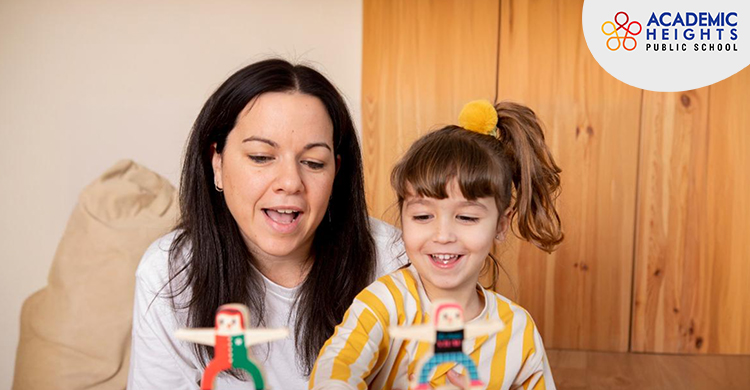
Young children with developing brains, therefore, try to figure out their place in the world, and having a social group or friends group gives them a sense of purpose and belonging, increasing their self-esteem. When kids have a friend group to play with, they feel happier and are more open to trying new games and activities. Kids who do not engage with other kids might feel left out or undeserving, which can lead to developing negative self-esteem.
2. Learning Essential Social Skills
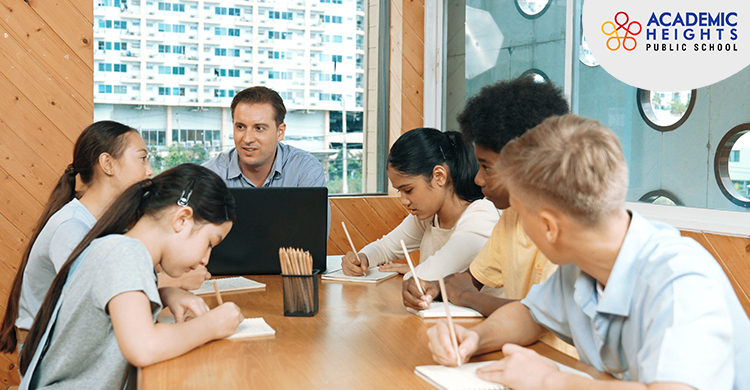
Children need to learn a few essential social skills to be successful in their academic life or career journey. Early childhood friendships help children master social skills like clear communication, kindness, active listening, and anger management. Through these social skills, children learn to express themselves clearly calmly and composedly while respecting others.
3. Developing Theory of Mind

The theory of mind is the ability to understand other people’s emotions for a better understanding of their situation. Kids start learning the theory of mind between 4 and 5. Early childhood friendships help accelerate a child’s learning of the theory of mind. The more time kids spend with their peers, the more they get exposed to other cultures, ideas, and feelings. Children learn to understand other people’s emotions better by being exposed to diverse information and perspectives through friendships.
4. Positive Social Actions – Importance of Friendships
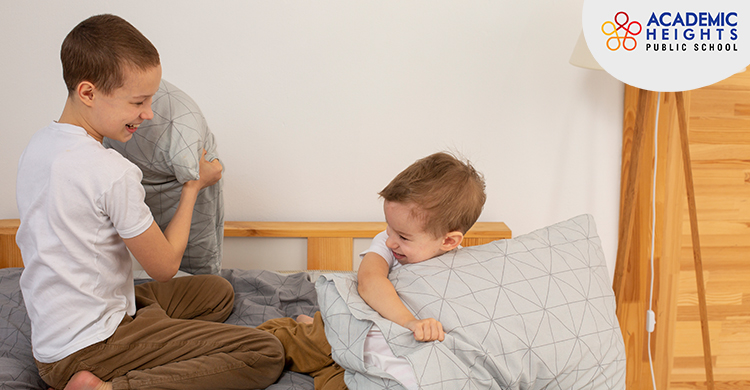
Prosocial behaviour is actions that are done for the benefit of others. Prosocial behaviour includes kindness, comforting others, cooperation, showing empathy, forgiveness, and apologizing. The importance of friendships in children’s lives is not limited to them; it benefits society at large. It is proven by various studies that kids who are on friendly terms with their peers develop moral and ethical values. Every parent should strive to establish prosocial attributes in their kids through friendships because individuals who grow with these attributes make society and the nation a better place.
5. Receiving Emotional Support
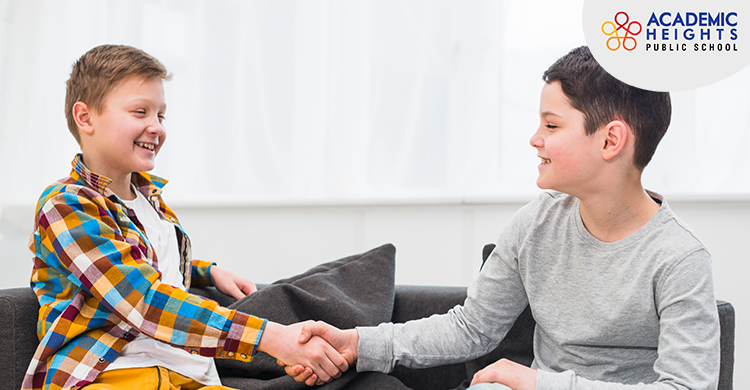
It is important for kids to have friends with whom they can share their emotions because sometimes kids cannot express themselves freely with adults. After all, they feel judged. Children are not capable of reasoning between negative and positive emotions. Still, with the help of emotional support from friends, children learn emotional intelligence, which allows them to receive emotional support when needed and give it to others when required.
6. Development of Creative Thinking Skills
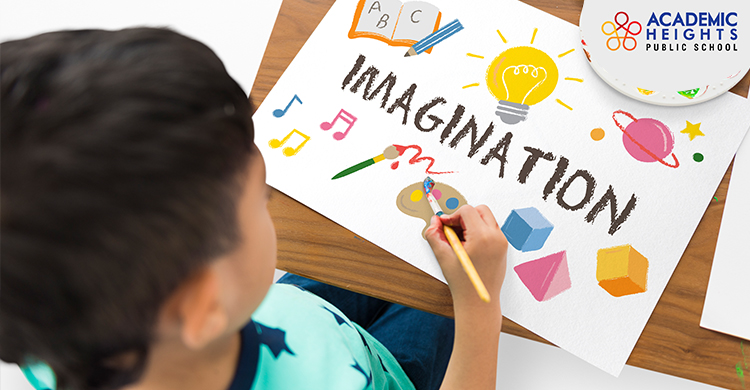
Kids share their ideas, visions, imaginations, and problems with their friends, which helps them create a creative, thinking-rich environment where they constantly learn from each other and broaden their horizons of creativity and knowledge. Children learn new terms and concepts by playing with their friends, enriching their understanding and knowledge of the world.
How to Help Your Child Build Friendships and Keep Friends?
Parents have to keep these simple tips in mind when they are trying to help their kids form and sustain early childhood friendships :
1. Enrolling Child in a Preschool
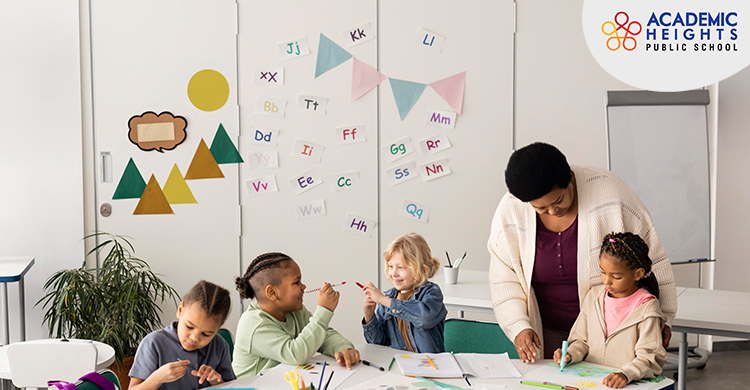
A preschool provides an excellent environment where kids can form a lifelong love for friendships. In a preschool setting, children from various backgrounds and cultures come together, making it the best environment for the kids to start their journey in friendships. Preschools are aware of the importance of friendships in a child’s life and hence provide kids with various opportunities and group activities where they can develop the bonds of friendships.
2. Enrolling Kids in Extracurricular Activities
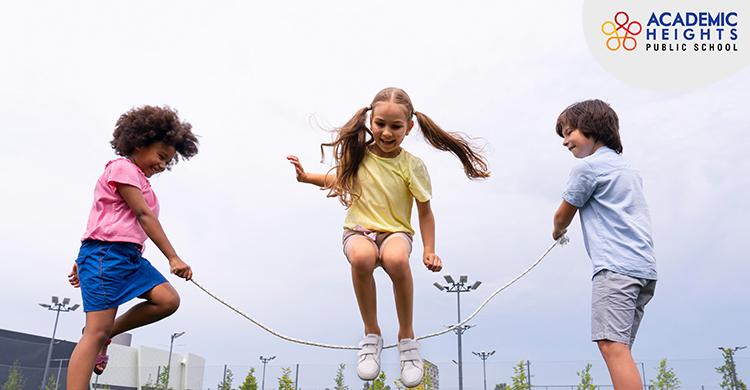
Parents must provide their kids with various opportunities to meet other kids through extracurricular activities like dance classes, play dates, arts and crafts classes, or yoga classes. In the environment of these classes, children get the opportunity to interact with their peers. Involving kids in extracurriculars will develop new skills and help them form crucial social bonds.
3. Plan Get-togethers for the child and his Friends
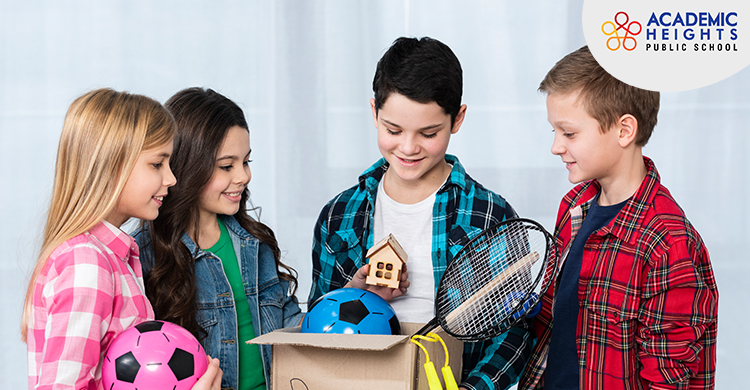
Parents should plan get-togethers for their children and their friends at regular intervals, such as a theme or movie party. These occasions, therefore, give children the opportunity to bond over shared interests. It is important to keep children under surveillance when inviting them to your house for parties or get-togethers to maintain their safety.
4. Be Your Child’s Best Friend

To teach children about the importance of friendships, parents need to befriend their children so that they feel free and comfortable sharing the details of their day-to-day lives with them. Parents must practice regular, healthy communication with their children so that the child doesn’t hide anything from them. When children are best friends with their parents, they learn to share their feelings with peers. The healthy bond between parents and kids, therefore, helps kids befriend other kids and form social connections.
Conclusion
After knowing all the benefits and importance of friendships in early childhood and having effective strategies to form friendships, parents are now, as a result, better equipped to help their children form social bonds. These Social bonds give children security, and belonging, and help shape their identity. By following the tips in this blog and giving kids the tools and support necessary to form meaningful social connections, parents can ensure their children will be better prepared for their formal education years and adult life.
